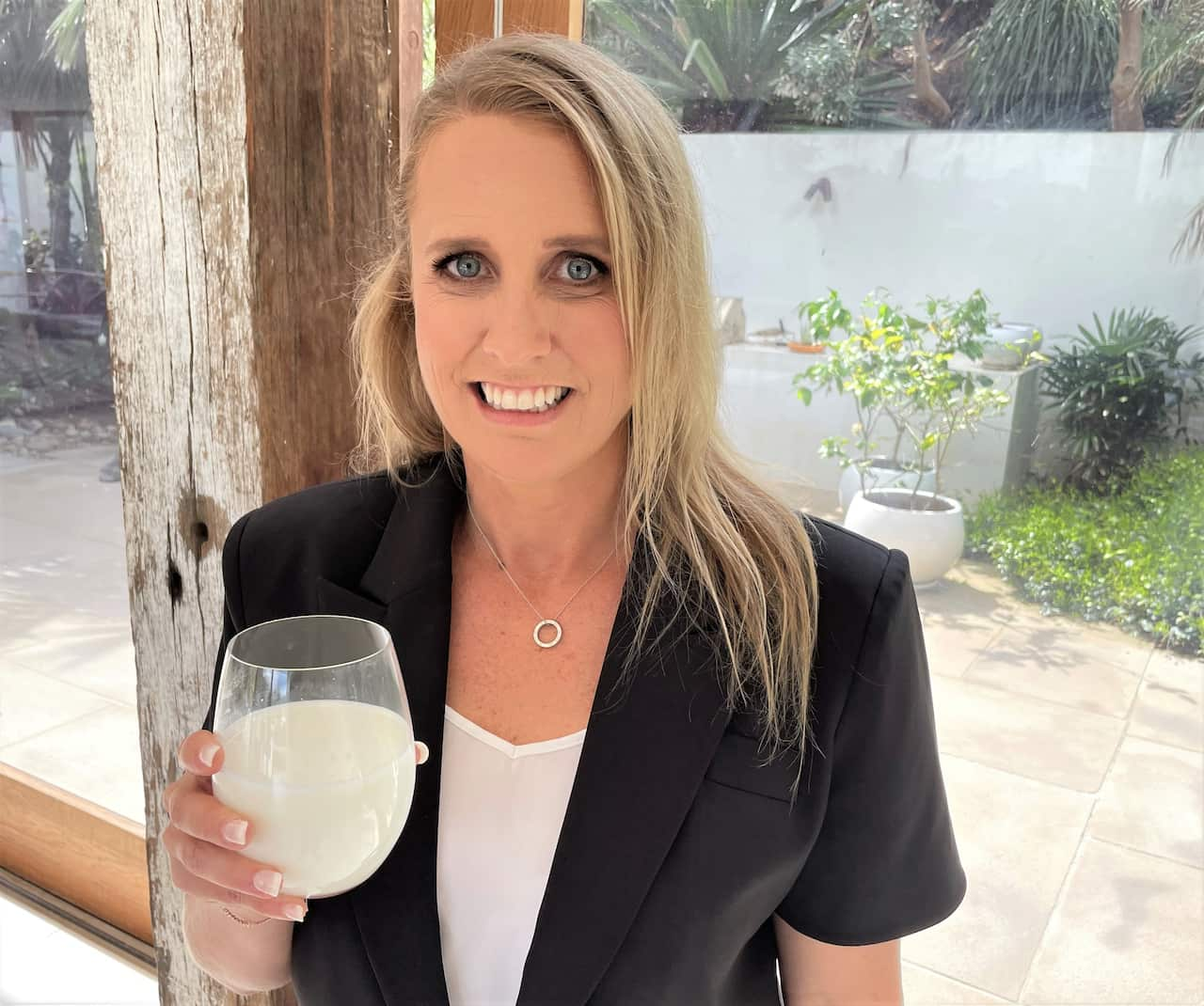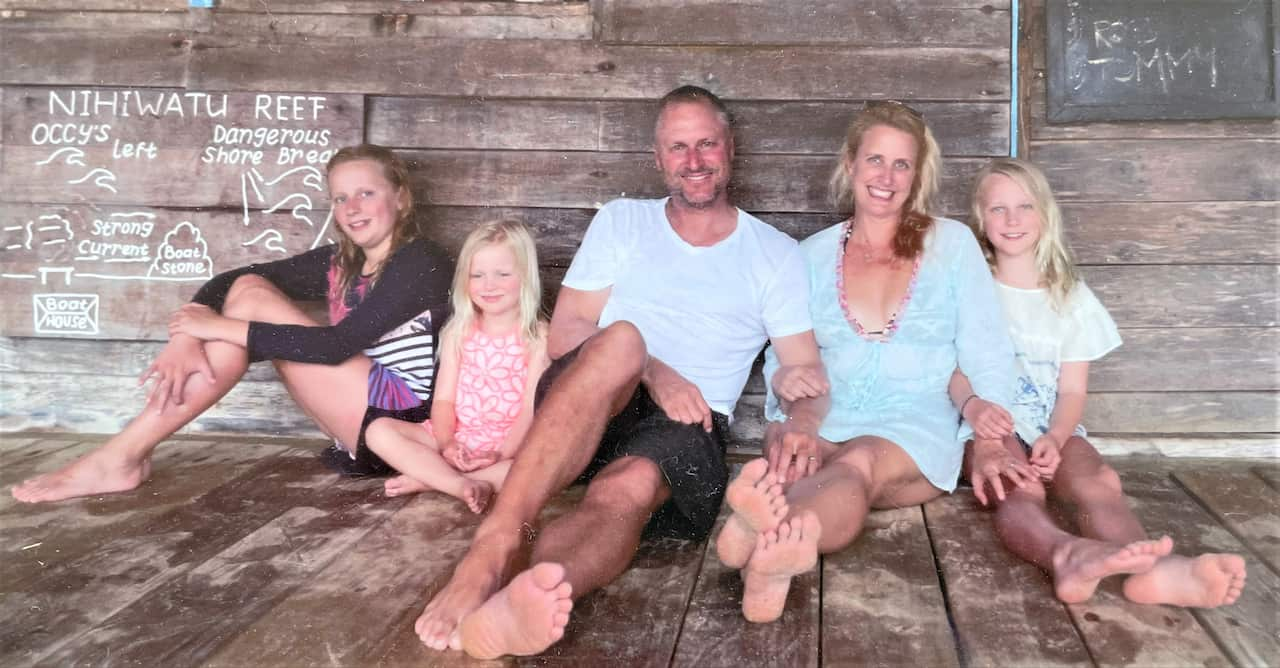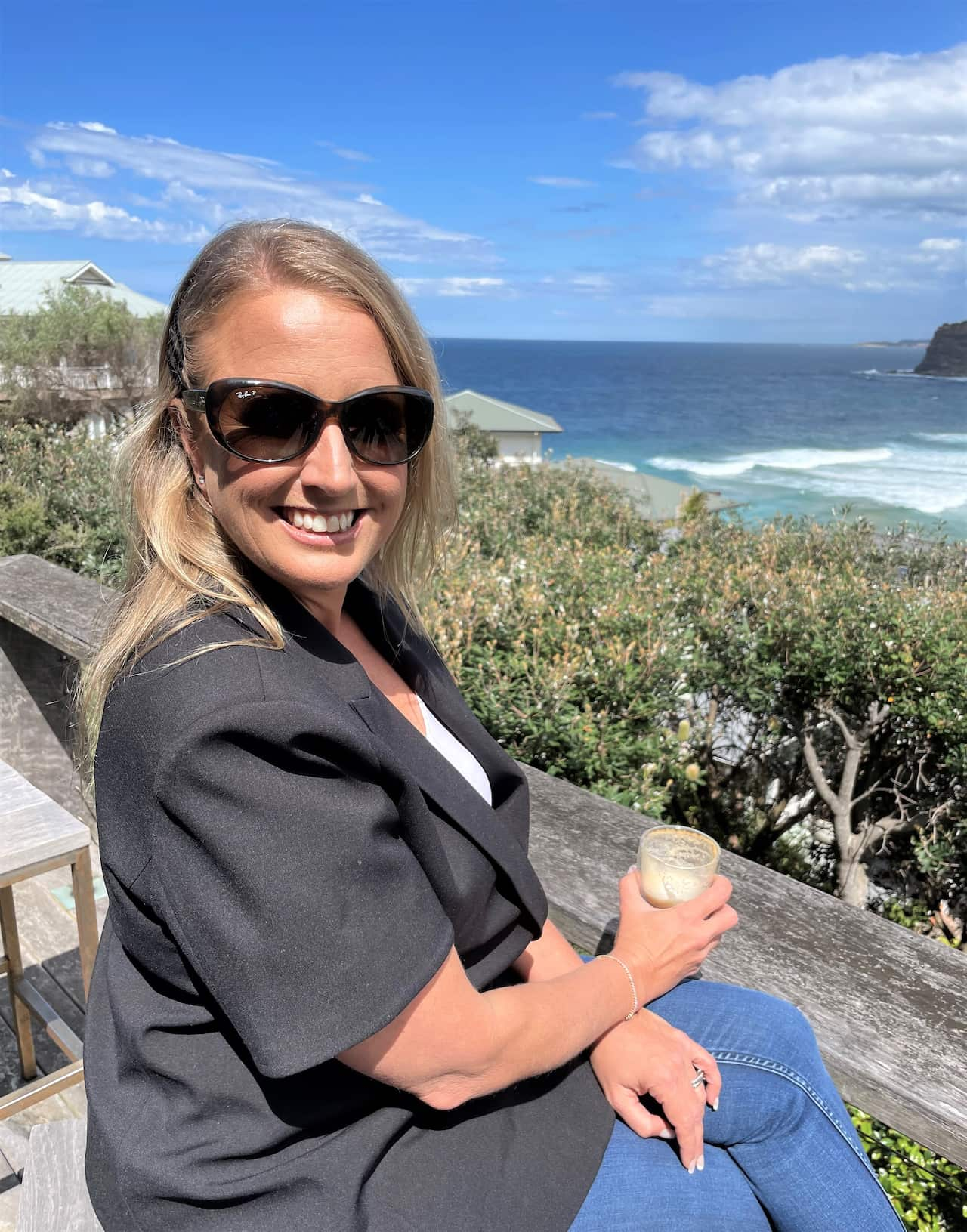Kristy Carr is the vivacious co-founder and chief executive of organic baby formula and foods maker Bubs Australia. And she is genuinely surprised by the global success of her venture.
“I do, I pinch myself every day,” the mother of three says at her home on Sydney’s northern beaches.
“I always had a big vision for the company, but just now every year it gets just that little bit bigger.”
Recently Bubs clinched a deal with American multinational retail corporation Walmart, which operates 10,500 stores and clubs under 48 banners in 24 countries as well as e-commerce websites.

“In my wildest dreams, I didn't think we would get the nod from Walmart,” she says.
Bubs Australia launched into the American formula market in September with two products on the Walmart e-commerce platform.
“We have big hopes for America. And being able to access the market and test the market through e-commerce is giving us lots of opportunities that would have taken a lot longer.”
This new deal is thanks, in part, to Australia’s Trade and Investment agency, Austrade.
“Market diversification has been a key part of our strategy over the last 24 months and will continue to be for the next five years. And Austrade has really added a lot of value throughout that journey,” she says.
Ms Carr is a former executive in advertising and public relations. The 48-year-old co-founded Bubs 16 years ago, dissatisfied with the baby food offerings for her infant. And her products quickly made a mark in the Australian market.
“When I first launched on to the supermarket shelves, goat milk infant formula was about one per cent of the total category. And that grew over a few years to about 10 per cent, as education and awareness grew.”
Growth is a key word for this venture, which has gradually expanded its Asian footprint. With only 300,000 babies born annually in Australia, Bubs targeted China, which welcomes 16-million new babies each year.
“The Asian consumers see as Australian dairy as very high quality,” Ms Carr says. “They know about our pristine environment so we have a very good reputation.”
"As well, many Asian cultures have lactose sensitivity, and goat milk is very easy to digest compared with a cow milk protein," she says.
While the $50 billion Chinese infant formula market remains important, and sales to China represent 30 per cent of annual turnover, Bubs receives half its income from Australia. Other international markets such as Vietnam and South Korea make up 20 per cent of sales.
Recently, Chinese consumer sentiment has fallen amid the recent Australia-China trade spat. This has reduced the interest of local distributors and consumers in Australian brands.
So Austrade is helping exporters including Bubs ride out the current disruption and find new outlets, through its $72 million AgriBusiness Expansion Initiative.
“Diversification is absolutely key," says Australia's Trade Minister Dan Tehan.
"With the infant formula market growing to 21 exporters, we've got to make sure that they can access as many markets as possible."
Austrade is also developing market insight reports on infant formula for Malaysia, Singapore, Thailand and Vietnam.
“And Austrade’s overseas network can help and assist in all those countries,” Mr Tehan says.

The pandemic has disrupted supply chains and Bubs is among Australian exporters experiencing share price volatiity.
“When COVID-19 first hit, there were many challenges and not just for Bubs as a business but also our entire supply chain. So there were a lot of fires to put out,” Ms Carr says.
“The one thing that didn't change throughout all that time was consumer demand, in China and also in our other Asian markets. They still wanted the product were still buying the product.”
In fact, demand surged as many markets went into lockdown.
“Infant formula was really just after toilet paper, in terms of people stocking up. So we had this huge spike in demand, but then it was followed by the borders closing.”
Supply chain disruption is far from over, but Bubs has adapted to changing buying patterns, as more sales are made online.
“Even in South Korea, more than 90 per cent of infant formula is being bought on e-commerce platforms rather than in store.” Ms Carr says.

"E-commerce means that a small business anywhere in Australia has a global market place. The opportunities are enormous and growing, and obviously we've all spent a lot more time online during this pandemic," says Trade Minister Tehan.
“And Austrade has helped us understand the different e-commerce environments in each of our markets, along with local customer preferences in local languages,” Ms Carr says.
These new export opportunities have helped Bubs turn a corner, and the share price has lifted by 40 per cent so far this financial year.
“Our global expansion is a key part of our growth trajectory moving forward across the globe,” Ms Carr says.
“And after a very challenging year, I can safely say that I have never been more optimistic about Bubs' future.”
The Australian Trade and Investment Commission (Austrade) promotes Australian trade, investment, tourism and education to the world. Our global network turns local market connections and insights into valuable export and investment support. Find out more at https://www.austrade.gov.au
Sharing business secrets of inspiring entrepreneurs & tips on starting up in Australia's diverse small business sector. Read more about Small Business Secrets
Have a story or comment? Contact Us


